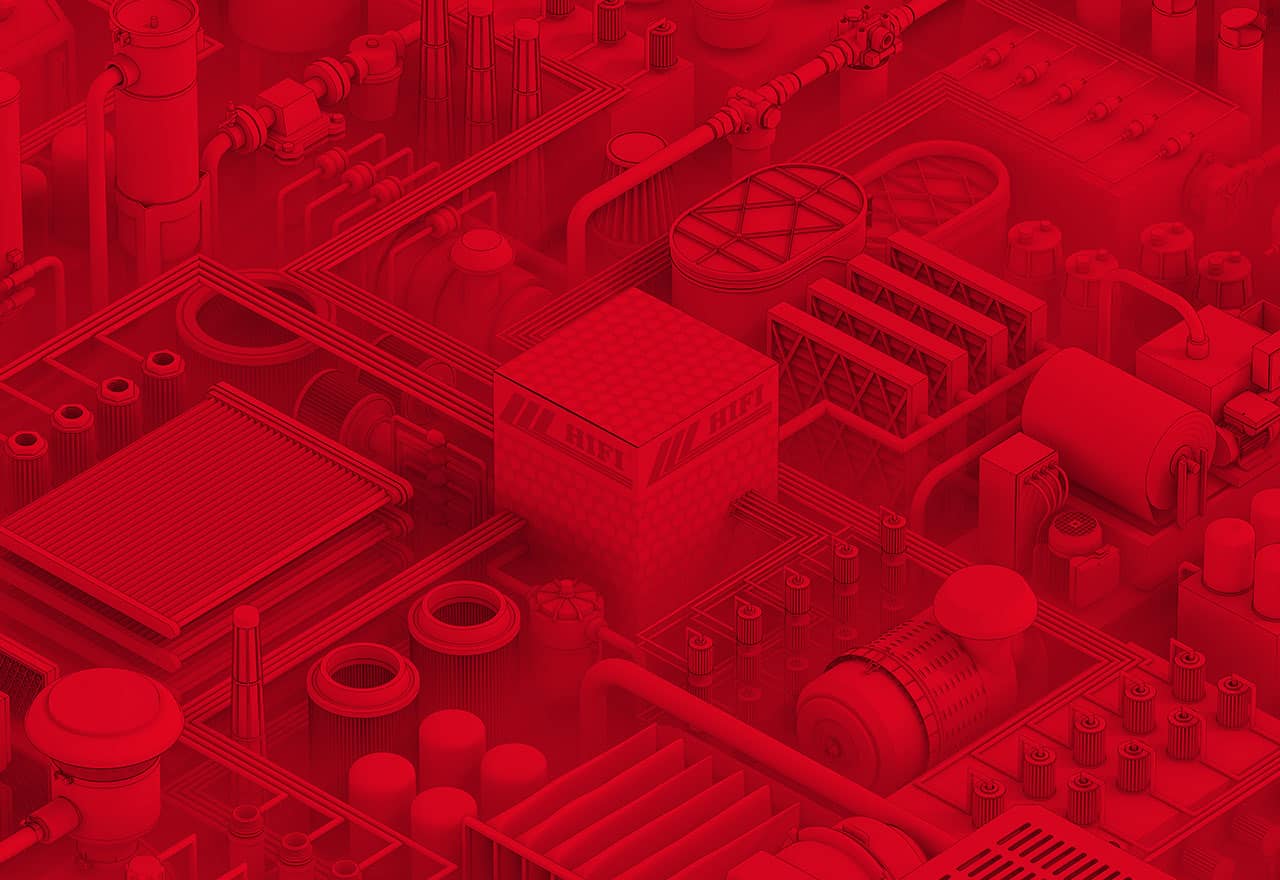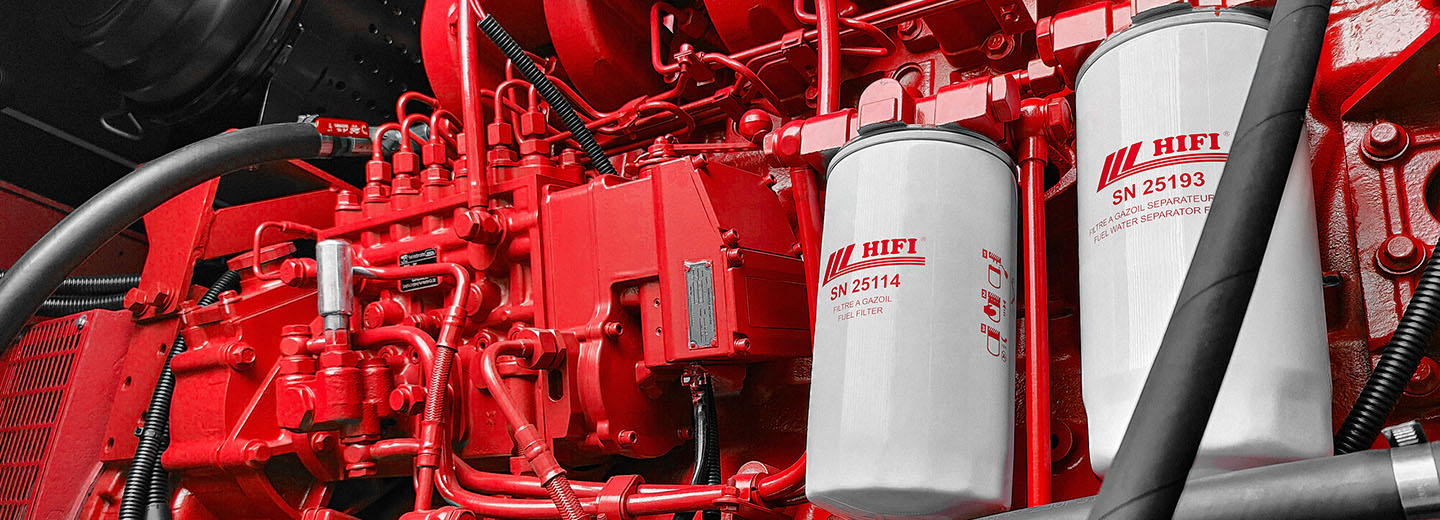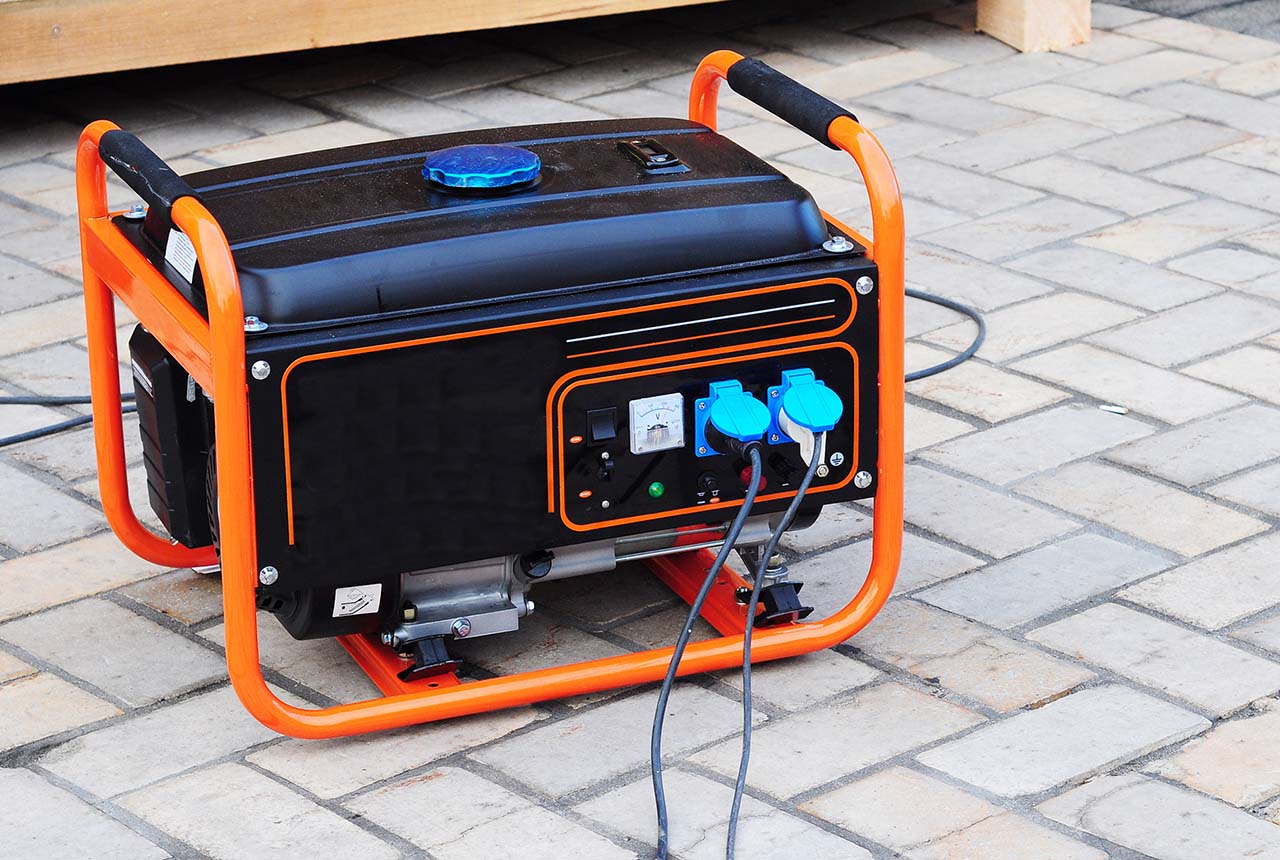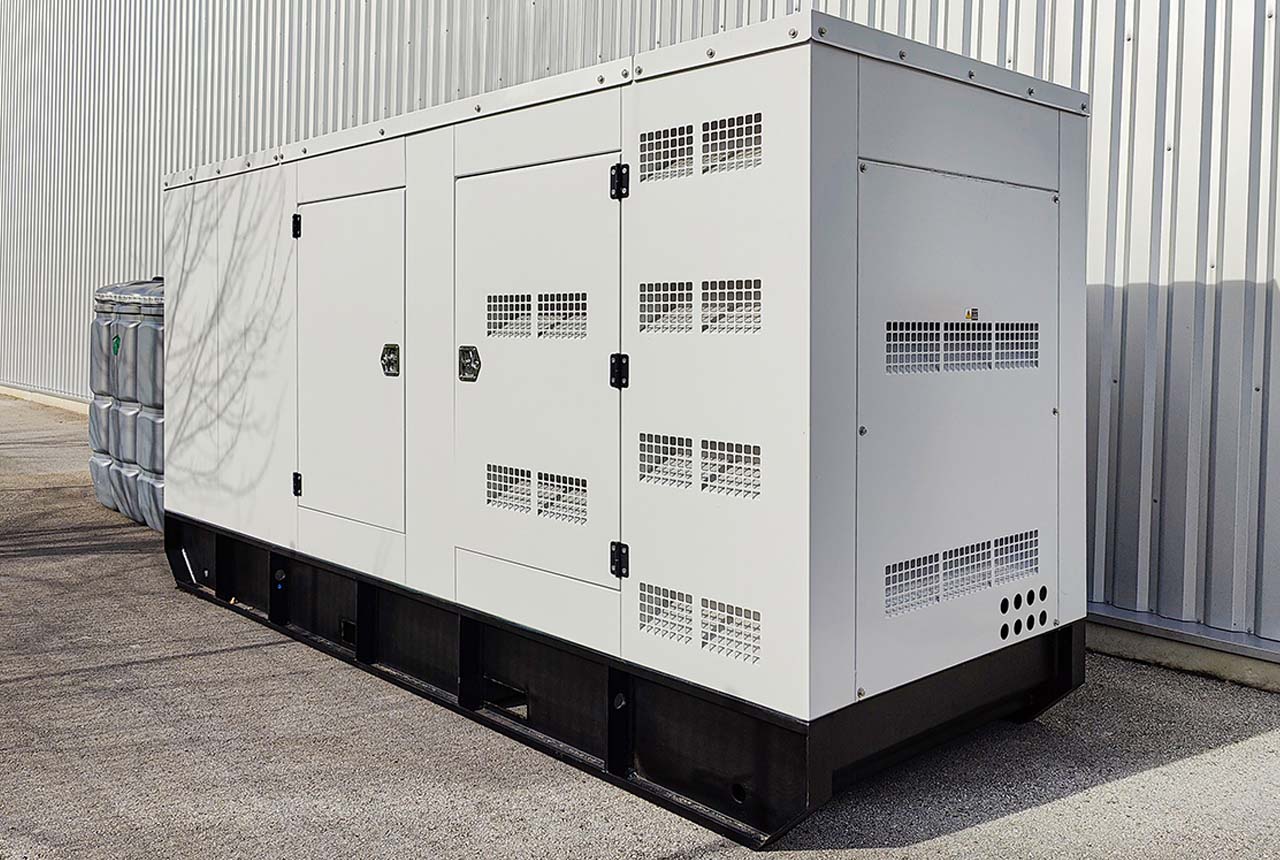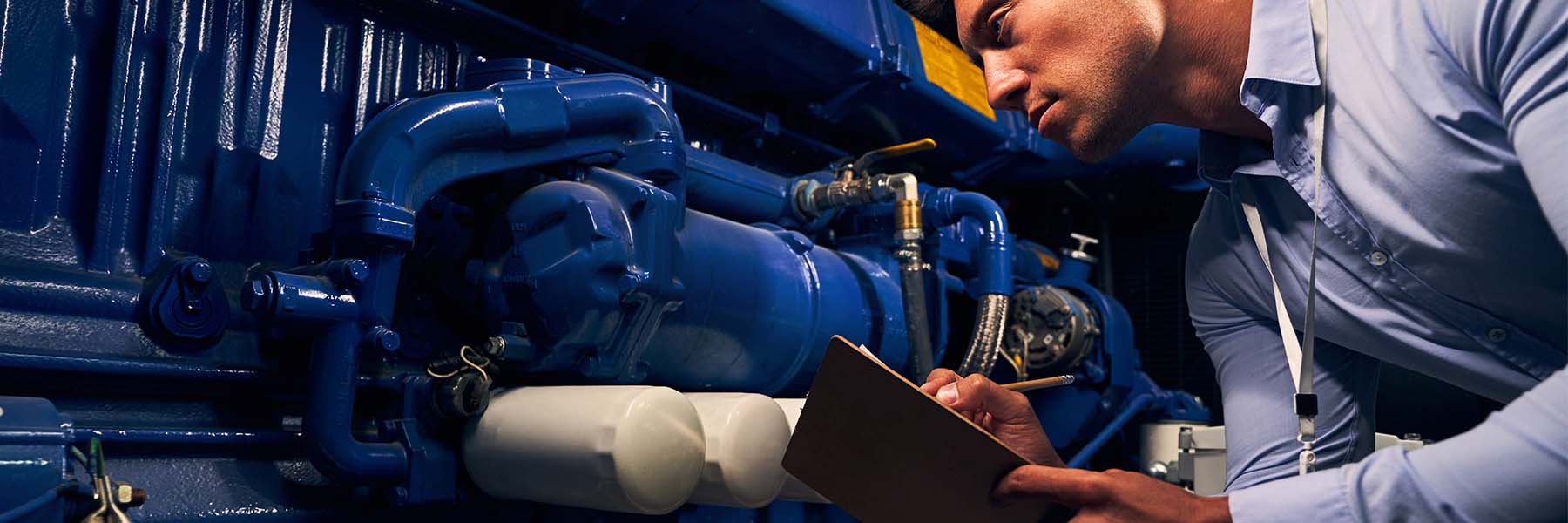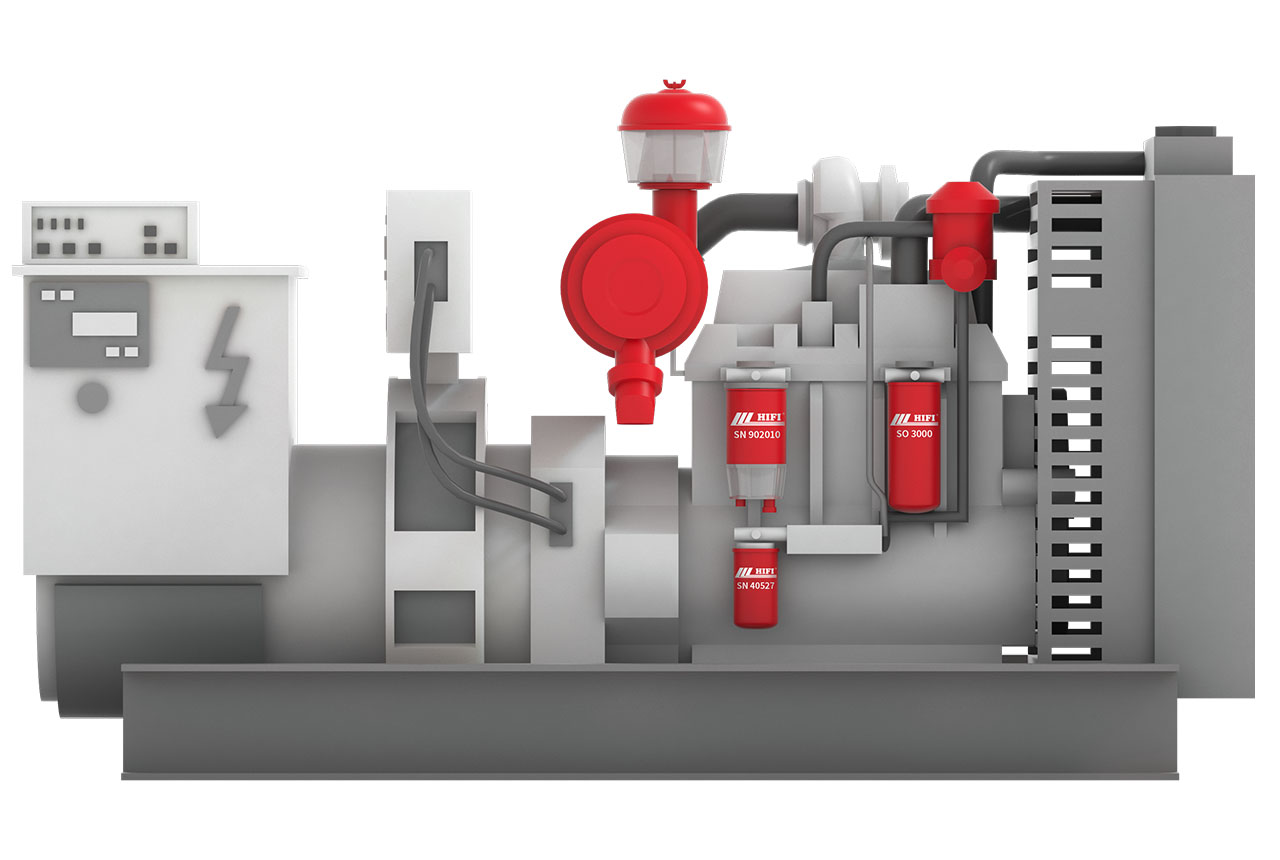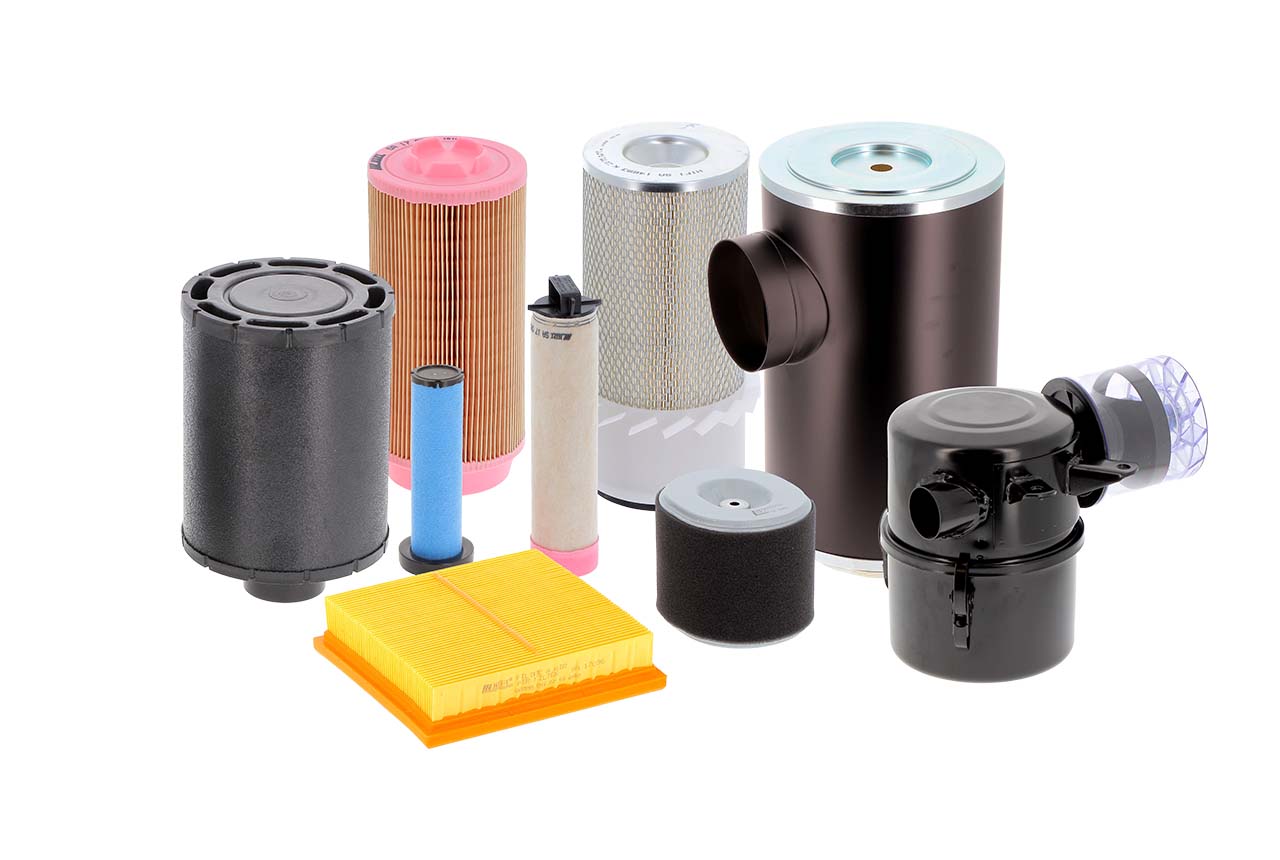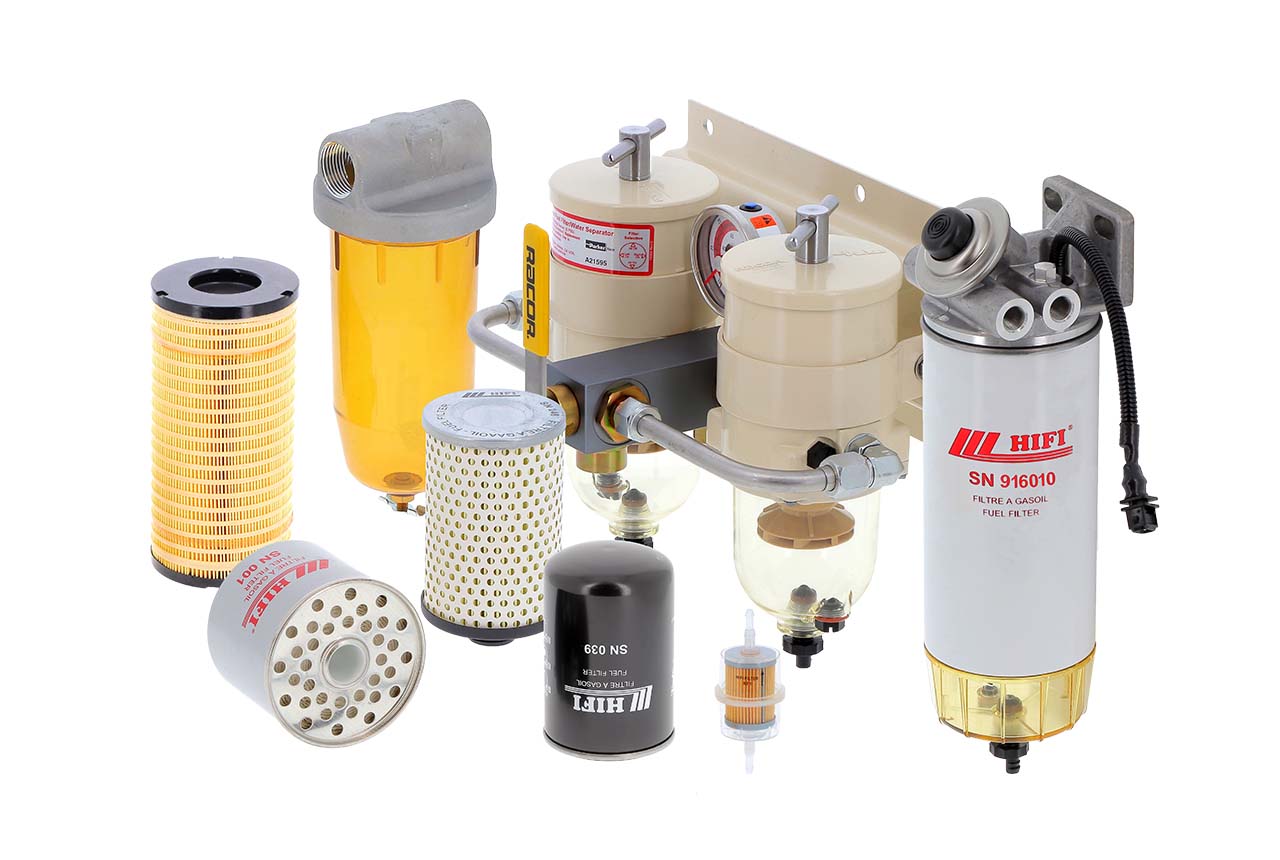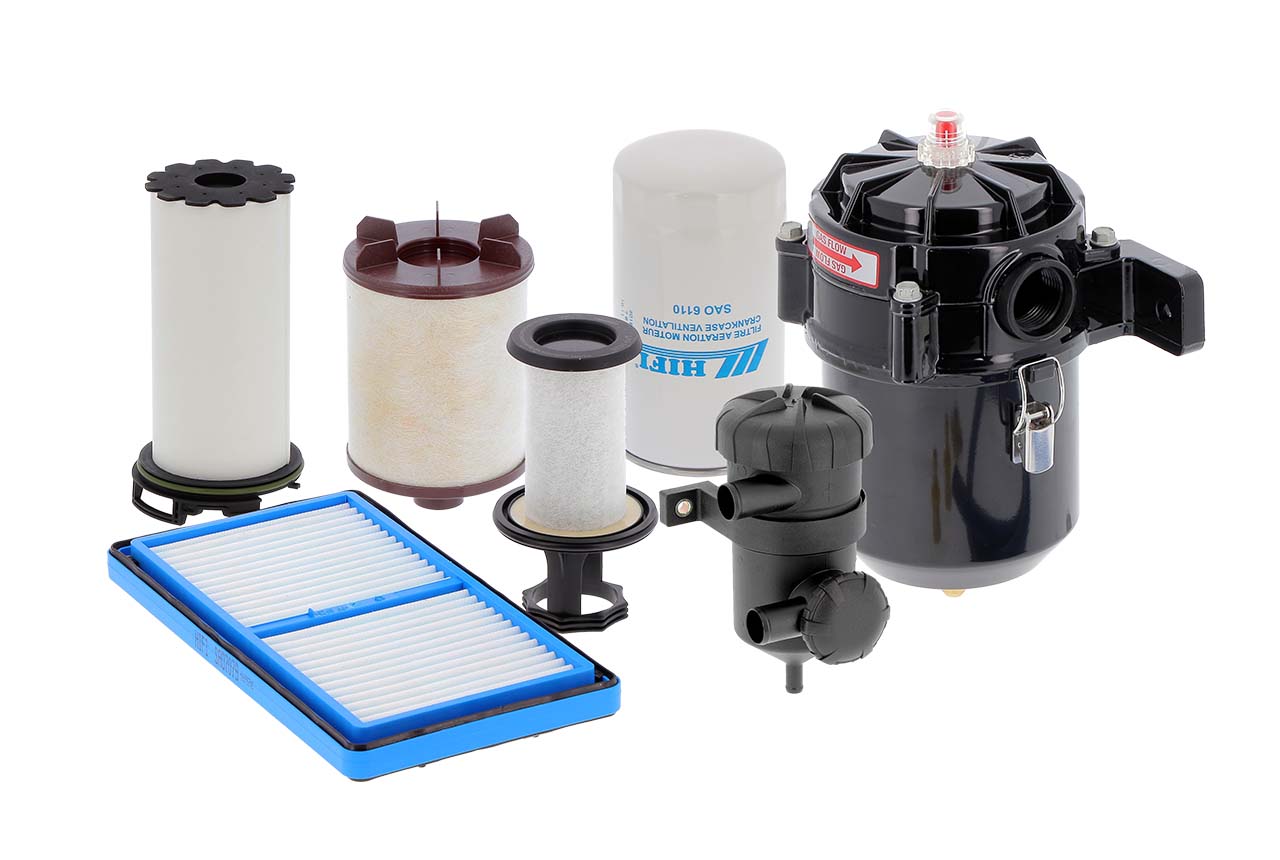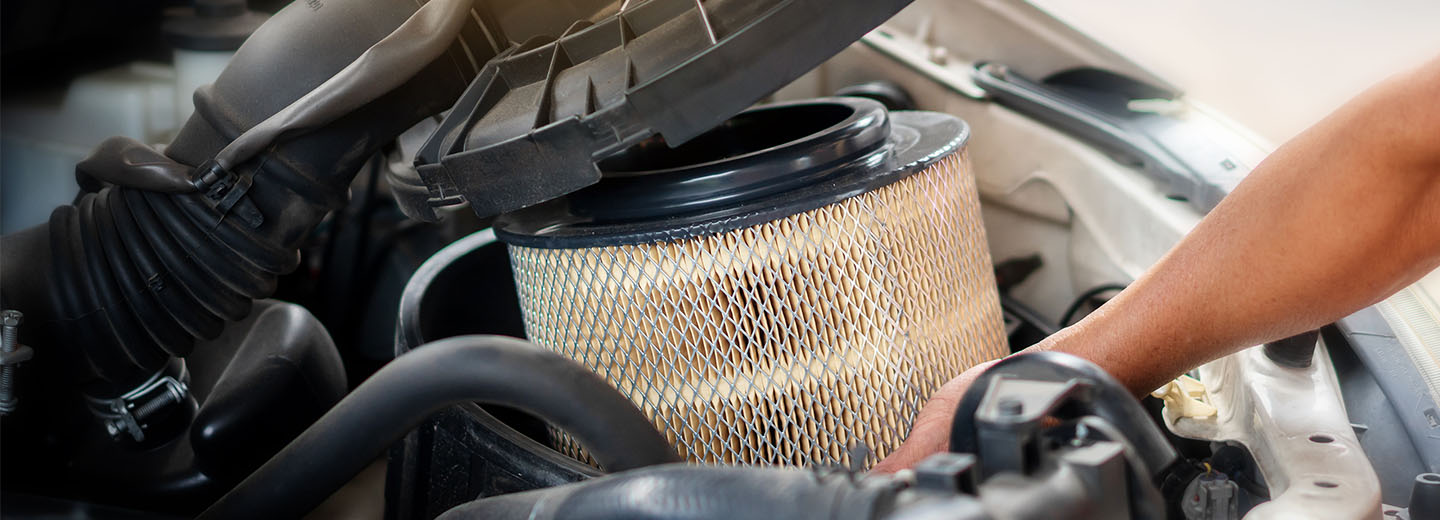In the face of energy supply difficulties, generators allow you to be self-sufficient in electricity. A generator (also known as an electrical generator) is a self-contained motorised device capable of transforming mechanical energy into electrical energy. A suitable solution for places not served by public electricity (e.g. on building sites) or in the event of a power cut, generators are used by industry, strategic private or public establishments (hospitals, military bases, banks, data centres, etc.) or private individuals.
What are the different types of generators?
There are several types of electric generators. The fuel is a distinguishing feature. Usually equipped with an internal combustion engine, with the exception of solar-powered (ecoflow) models, an electric generator runs on petrol, diesel or gas.
Gasoline generators
More compact than diesel generators, these models are easily transportable. Dedicated to occasional use, they supply a single-phase current, their power is lower than that of diesel generators.
Diesel generators
Designed for professionals and industrialists, diesel generators meet specific requirements. Suitable for intensive use, their power can reach several thousand kVA. They deliver a single-phase, three-phase or mixed current. The three-phase current is three times higher than the single-phase, which is suitable for powerful and energy-consuming professional equipment.
These self-contained electric generators are capable of running for several hours without interruption. In the event of a power cut, some models are activated immediately by an automatic start-up device.
Gas generators
With the same filtration as diesel generators (except for the fuel filter), gas generators are powered by a propane gas cylinder or directly by a gas network. The main difference? The engine system of these electric generators is protected from the risk of fuel degradation. The gas, stored for a long time in the tank, does not degrade over time, unlike petrol or diesel. Another distinction is that propane can withstand temperatures down to -44°C. These electric generators are therefore particularly suitable for cold environments.
Maintenance of generators
Why maintain a generator? An electrical generator is vital for many institutions, depending on an uninterrupted source of electricity. Without this power supply, the risk of complications for these organisations is high. With regular maintenance of your generator, your power supply is secure and breakdowns are avoided.
A generator can also be a significant financial investment. Careful maintenance extends its life and pays back your purchase.
Generators and filtration
Electric generators with a heat engine include many filters. Each plays a major role in maintaining the engine system. This filtration ensures optimum performance and longevity of your equipment. Whether for petrol, diesel, gas, single-phase or three-phase generators, HIFI FILTER® provides you with the filters necessary for their maintenance.

